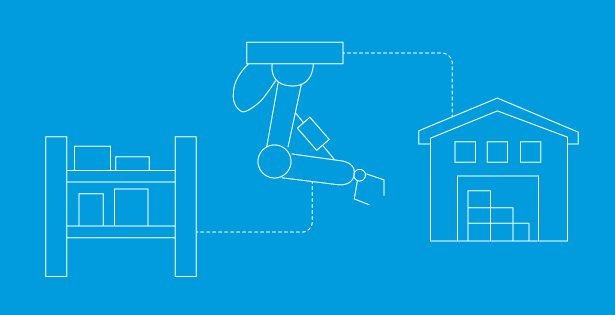In today’s rapidly evolving tech landscape, understanding the needs, challenges, and emerging trends in philanthropy is essential for successful grantmaking. The 2024 Philanthropy Technology Survey Report from the Technology Associations of Grantmakers, offers valuable insights into how grantmaking organizations across North America and Europe are adapting to new technologies, evolving workplace models, and shifting operational priorities. With responses from 355 organizations, this report reveals key trends and strategic opportunities within philanthropy, especially as they relate to technology adoption, AI governance, cybersecurity, and grants management.
Here’s a high-level analysis and summary of some of the area covered in the 2024 Philanthropy Technology Survey for grantmaking organizations:
Artificial Intelligence (AI) Adoption and Governance
AI is quickly transforming grantmaking processes, with 81% of foundations now reporting some level of AI integration. By automating tasks like grant application review, data analysis, and funding impact assessments, AI enables organizations to work more efficiently, scale their operations, and improve decision-making. Yet, despite the widespread adoption, only 30% of these foundations have established formal AI policies, which points to a critical gap in governance. Without clear policies, unintended biases in AI-driven decisions, potential ethical concerns, and inconsistencies in AI application, all of which can compromise the integrity of organization’s grantmaking processes.
For grantmaking organizations looking to adopt AI on a broader scale, establishing comprehensive governance frameworks is essential. Ethical guidelines can ensure that AI applications align with the organization’s mission, prevent biases, and protect stakeholder interests.
Cybersecurity Trends
Although security incidents have declined overall, many organizations are still lagging in implementing robust remote work policies, with only 42% reporting established remote access protocols. As hybrid work becomes a long-term model, comprehensive remote work policies are no longer optional but essential to maintain secure and resilient operations. Without these protocols, organizations expose themselves to heightened risks, as employees working from various locations may inadvertently bypass security standards, putting sensitive data and systems at risk. For non-profits, this challenge is especially pressing; limited resources often make it difficult to address cybersecurity vulnerabilities introduced by remote work.
A recent article from RSM underscores that how non-profits respond to these challenges directly affects the strength and resilience of their cybersecurity frameworks.
Tool Selection for Grant Management and CRM
In the rapidly evolving landscape of organization management, organizations are increasingly adopting integrated Grant Management Systems (GMS) and Customer Relationship Management (CRM) solutions. This shift toward all-in-one platforms reflects a growing desire for unified data management and enhanced engagement capabilities, allowing non-profits to better connect with donors, streamline grant processes, and improve overall operational efficiency.
The Shift Towards Unified Systems
Historically, non-profits have operated with disparate systems for managing grants, donor relations, and other core activities. This fragmented approach often led to inefficiencies, data silos, and challenges in aligning organizational goals with stakeholder engagement strategies. The modern trend of integrated GMS and CRM solutions represents a paradigm shift, offering non-profits a way to centralize and manage data across departments, facilitating a more holistic view of their impact, donor relationships, and grant management processes.
For non-profits, adopting an integrated GMS and CRM solution is more than just a technical upgrade – it is a strategic step toward fostering deeper engagement, streamlining operations, and maximizing impact. With a carefully selected and well-implemented platform, organizations can unlock new levels of efficiency and insight, enabling them to focus more on their mission and less on administrative burdens. By prioritizing unified data management, non-profits can better serve their communities, engage supporters, and create a sustainable impact.
Looking Ahead
The insights from this survey highlight key areas where expertise and strategic guidance can drive impact. RSM play a critical role by helping foundations optimize technology investments, establish AI and cybersecurity protocols, and integrate flexible, inclusive, and efficient solutions to support philanthropic missions.

 RSMUS.com
RSMUS.com


